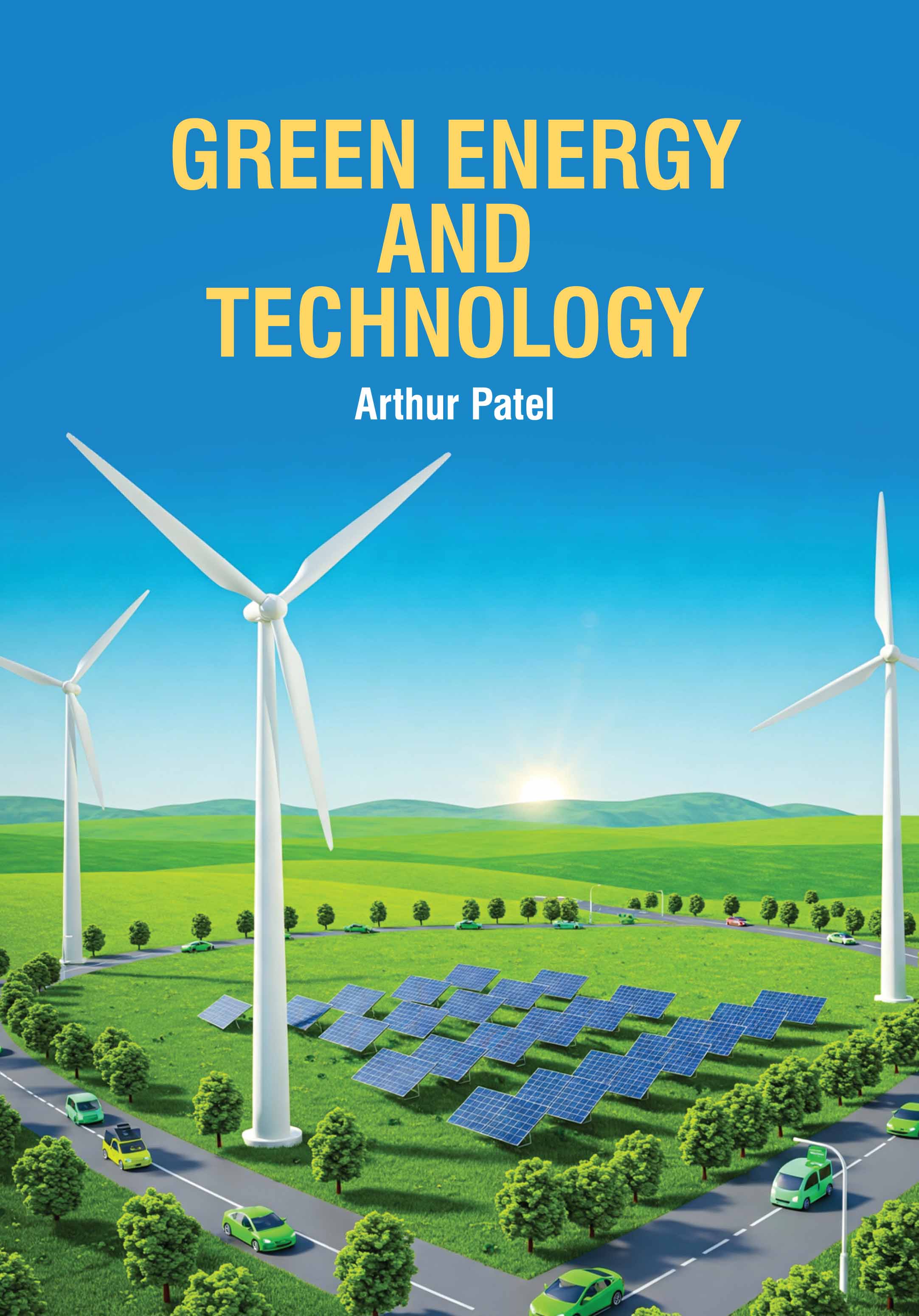About This Book
Electrical and Electronics Engineering (EEE) is a dynamic field that deals with the study, design, and
application of electrical systems, electronic circuits, and communication technologies. It encompasses a
wide range of disciplines, including power generation, transmission, and distribution, embedded
systems, signal processing, and semiconductor technology. Electrical engineers focus on large-scale
power systems, while electronics engineers specialize in microelectronics, digital circuits, and
automation. With advancements in technology, EEE has evolved into a crucial domain driving innovation
in renewable energy, robotics, artificial intelligence (AI), and Internet of Things (IoT). Engineers in this
field develop smart grids, energy-efficient devices, and high-speed communication networks that
support modern infrastructure. The integration of automation, wireless communication, and power
electronics has revolutionized industries, from healthcare to aerospace. The demand for electrical and
electronics engineers continues to grow with the rise of electric vehicles (EVs), 5G networks, and smart
automation. As technology advances, the field is becoming more interdisciplinary, merging with
computer science and biomedical engineering. With ongoing research in nanotechnology and quantum
computing, EEE remains at the forefront of shaping the future of modern engineering and sustainable
development. This book on Electrical and Electronics Engineering provides a comprehensive
introduction to fundamental concepts, modern applications, and emerging technologies in the field.
Contents: 1. Electrical Energy and Power Capacity, 2. Network and Circuits Analysis, 3. Electrical Current
and Circuit, 4. Circuit Theory in Electrical Engineering, 5. Technology in D.C. Circuit Analysis, 6. Biasing of
Bipolar Junction Transistor, 7. Electric and Magnetic Circuits, 8. Basic Operation in Mutual Inductance,
9. Semiconductor and Electronics.

